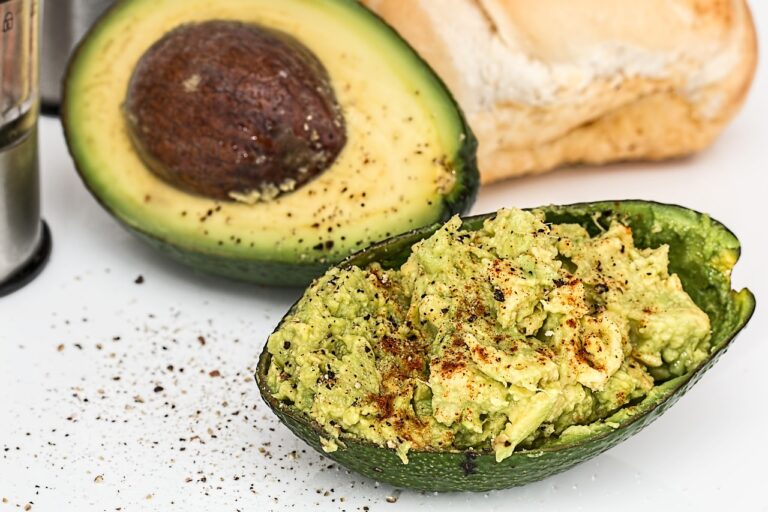Fermentation: The Ancient Technique Making a Modern Comeback in Food
Fermentation in food has a rich history that dates back thousands of years. Early civilizations, such as the Mesopotamians and Egyptians, utilized fermentation as a method of food preservation. By fermenting foods like milk, grains, and vegetables, they were able to extend the shelf life of perishable items and ensure a stable food supply throughout the year. As these ancient societies began to understand the transformative power of fermentation, they also discovered the unique flavors and textures that developed in fermented foods.
Over time, fermentation evolved from a simple preservation technique to a culinary art form. In regions like East Asia, Africa, and Europe, traditional fermentation practices became deeply ingrained in the local cuisine. Fermented foods like kimchi, miso, sauerkraut, and cheese not only added depth and complexity to dishes but also provided important health benefits. These early fermenters may not have fully understood the science behind fermentation, but they certainly appreciated the delicious results it produced.
The Science Behind Fermentation
Fermentation is a natural process that occurs when microorganisms such as bacteria, yeast, or mold break down carbohydrates like sugars and starches into alcohol or acids. This transformation is facilitated by enzymes produced by the microorganisms, leading to the distinct tangy or sour flavors found in fermented foods.
The specific type of microorganism used for fermentation, along with factors such as temperature, time, and oxygen levels, determine the final product’s taste, texture, and aroma. Through this controlled breakdown of compounds, fermentation not only adds depth and complexity to foods but also enhances their nutritional value by increasing certain vitamins, minerals, and probiotics.
Benefits of Fermented Foods
Fermented foods are known for their potential health benefits due to the presence of probiotics, which are live bacteria and yeasts essential for gut health. These probiotics help maintain a healthy balance of microorganisms in the intestines, aiding in digestion and nutrient absorption. Regular consumption of fermented foods can contribute to better overall digestive health and may even boost the immune system.
In addition to promoting gut health, fermented foods are also rich in essential nutrients and bioactive compounds. Fermentation can enhance the bioavailability of certain vitamins and minerals, making them easier for the body to absorb. Furthermore, the fermentation process can help to increase the antioxidant content of foods, providing additional protection against oxidative stress and inflammation in the body.
• Fermented foods contain probiotics that support gut health
• Probiotics aid in digestion and nutrient absorption
• Regular consumption of fermented foods can boost the immune system
• Fermented foods are rich in essential nutrients and bioactive compounds
• Fermentation enhances the bioavailability of vitamins and minerals
• The antioxidant content of foods increases during the fermentation process
What is fermentation in food?
Fermentation is a process where beneficial bacteria and yeast break down sugars and other compounds in food, creating beneficial byproducts like lactic acid and probiotics.
How long have humans been fermenting foods?
Fermentation has been used for thousands of years, with evidence suggesting it was practiced as early as 6000 BC.
What are some common fermented foods?
Common fermented foods include yogurt, kimchi, sauerkraut, kombucha, and miso.
What are the benefits of fermented foods?
Fermented foods are rich in probiotics, which help improve gut health, boost the immune system, and aid in digestion. They also increase the bioavailability of certain nutrients and can help reduce inflammation in the body.
Can fermented foods help with digestive issues?
Yes, the probiotics found in fermented foods can help restore the balance of good bacteria in the gut, which can alleviate symptoms of digestive issues like bloating, gas, and constipation.
Are there any risks associated with consuming fermented foods?
In general, fermented foods are safe to consume for most people. However, individuals with compromised immune systems or certain medical conditions should consult with a healthcare provider before adding fermented foods to their diet.







